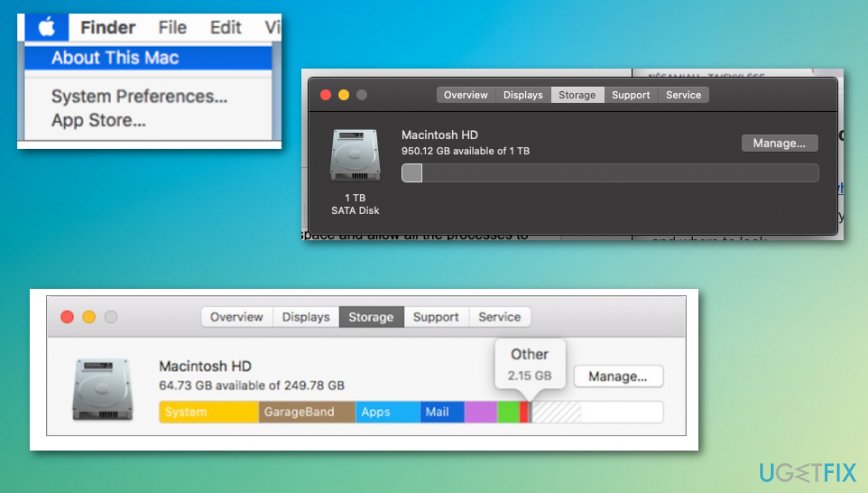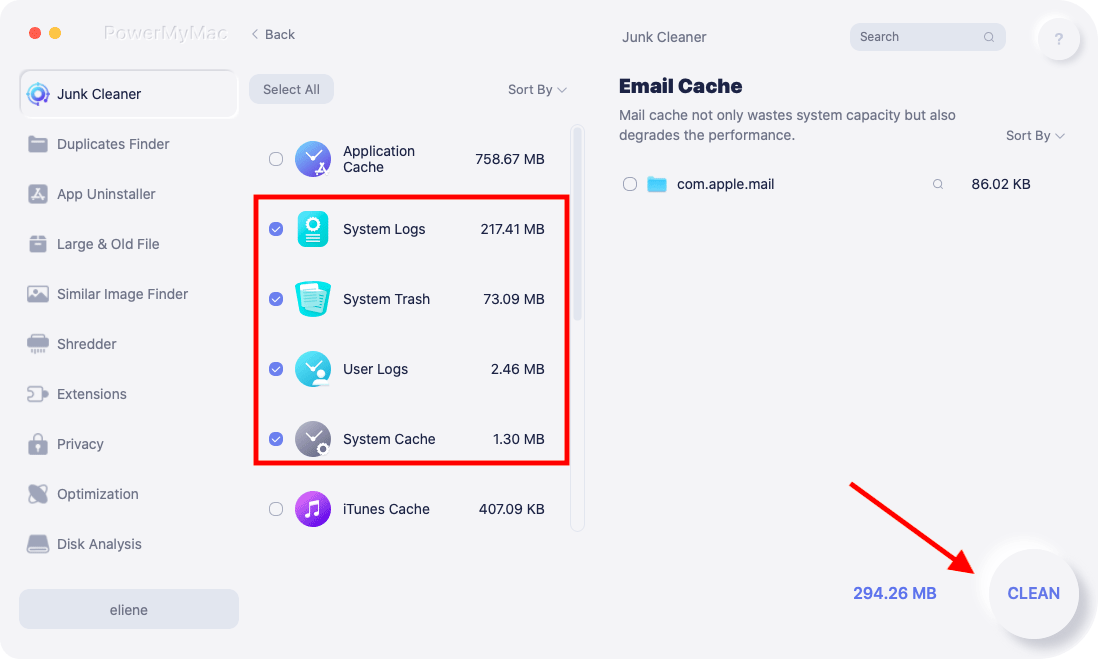
- How to clear startup disk space how to#
- How to clear startup disk space windows 10#
- How to clear startup disk space Pc#
# head ~/biggest-files-in-var-that-changed-today. # ~/bin/diskuse -a 1d /var > ~/biggest-files-in-var-that-changed-today.txt If these instructions do not help you, use the above. This is the most important disk on the Mac, it holds the vital system files, the OS, and a lot of the applications and data. Unless you have changed it, the default title is Macintosh HD. The vacated memory must be directly behind the partition. A startup disc on Mac refers to the hard drive where the MacOS is installed. Note: Free space can not be moved under Windows. Step 1: Preparing to enlarge the system partition.
How to clear startup disk space how to#
How to Extend Disk Space using Window 10 Disk Management.
How to clear startup disk space windows 10#
# ~/bin/diskuse -T -A /var > ~/biggest-dirs-in-var.txt Let’ see How to increase disk space in Windows 10 without formatting. # ~/bin/diskuse -A /var > ~/biggest-files-in-var.txt The excessive disk usage will cause your computer to slow down, become laggy and unresponsive. service syslogd restart or pkill -HUP syslogd.įinally, a script I wrote for just this situation is diskuse. If you see a disk usage reaching or near 100 on Task Manager (Ctrl+Alt+Delete) in Windows 10 or other earlier versions, there is probably a hard disk or operating system issue. It enables you to remove all your personal files, apps and settings, which.
How to clear startup disk space Pc#
If you intend to erase a hard drive containing Windows 10 operation system, Reset this PC can be a straightforward solution. Reset PC to wipe everything off a hard drive. I'd look at using grep or tail to save the recent entries then deleting the file and restarting syslogd (e.g. Click Start to format the drive, it will erase all the data and fill sectors with zero. If you don't already have logrotate, then it's a bit harder. On Debian and Red Hat systems, that should already be set up for you. syslog, mysql, apache, etc to configure log rotation for each of those. Then there are files for each service, e.g.

I'd say you shouldn't change them, as they're not your main problem, but maybe you only want to keep a week's logs, in which case try something like this: daily # find /var/log -type f -mtime +14 -exec rm '' \ Īlso, check that your logrotate settings in /etc/nf are what you want. # find /var/log -type f -mtime +14 -print The obvious way to remove those is by age, e.g.

The other numbers all look pretty normal and reasonable, so moving /var/lib/mysql and /var/do you have /var/log/messages, /var/log/messages.1, /var/log/messages.2.gz, etc, or maybe /var/log/messages-20101221, /var/log/messages-20101220.gz, etc? How to free up space on Mac: 10 ways to find and delete large, unused, duplicate and temporary files taking up space on your Mac. What's the breakdown on /var/lib? If it's like my system, most of that (say 500 MB) is taken up by /var/lib/mysql?


 0 kommentar(er)
0 kommentar(er)
